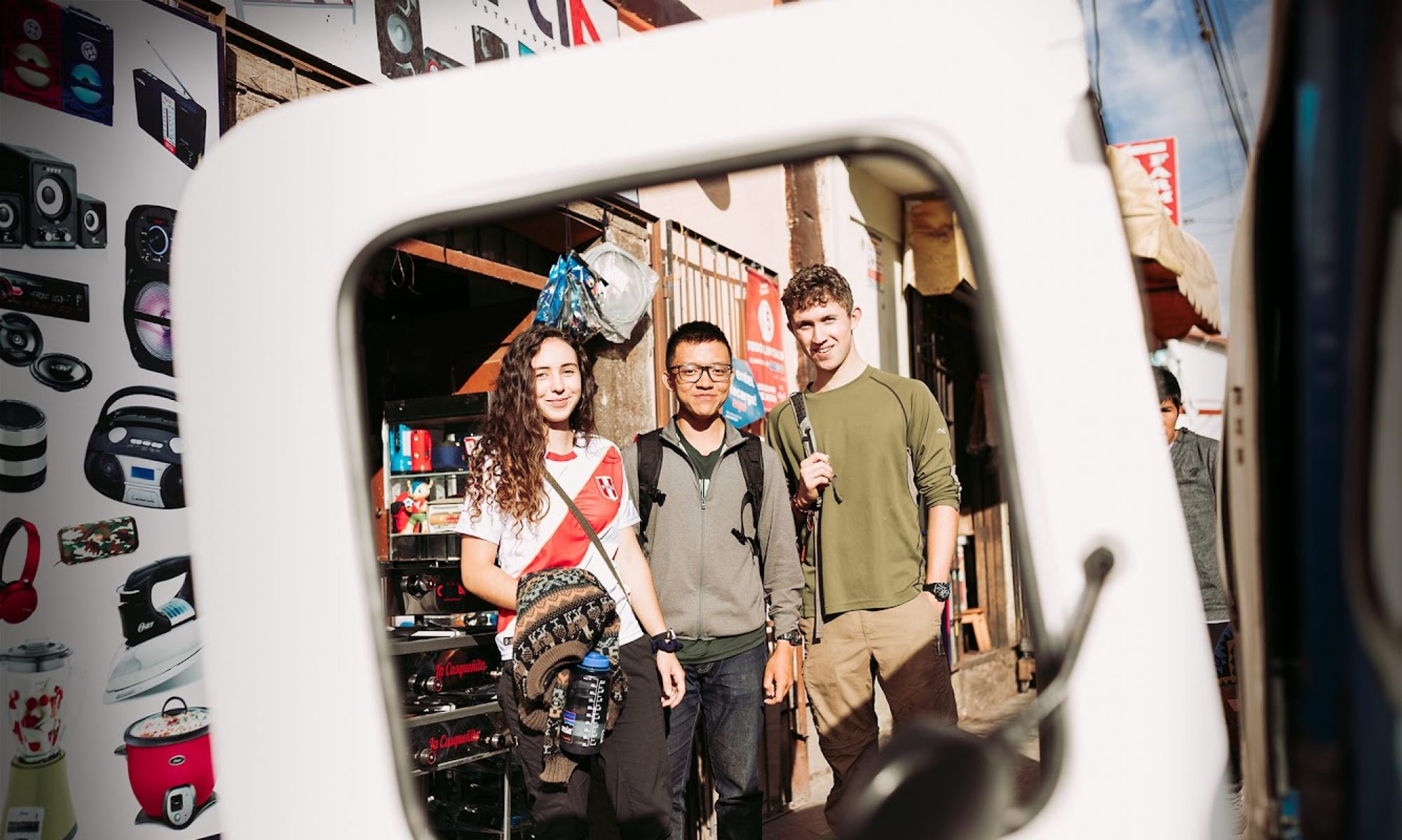By Olivia, Tufts 1+4 Participant

It was a Tuesday afternoon, and I was not in a great mood when Señorita Charrito, a woman who cooks and cleans at my work, approached me. I was waiting for the kids to finish eating so we could continue with the many hours left in our day, and I was less than enthused. But a less than enthused facial expression would never phase Charrito. She grabbed my bag that I had tucked under my arm and began rummaging through it – something she likes to do when she’s bored. As she was pulling items out and messing around with them – my headphones, chap stick, a headband – she came across a loose tampon.
She stopped, examined it for a minute, and then asked me what it was. Not knowing the word for tampon (which I now know is just tampón), I attempted to describe in Spanish what a tampon is used for. It was more graphic than I would have wanted because the most helpful words I knew how to say were “hole” and “blood”. Once she understood what I was saying, she unwrapped the tampon and proceeded to examine and play with it. It wasn’t long before we were joined by one of the educators, Veronica, and several of the kids. Suddenly I was giving a full lesson, placing the tampon in a glass of water to show how it expands. Charrito and Veronica were fascinated. They told me they had heard of a tampon but had never seen one before. While I laughed to myself at the thought of a tampon lesson in this environment, Charrito and Veronica were marveling at the idea of this modern approach to women’s hygiene. They had a million questions: does it hurt, how long does it last, does it ever fall out or get stuck? When the kids finished eating and it was time to move on to our afternoon workshops, Charrito and Veronica handed back the wet tampon and the empty applicator as if they were returning a diamond necklace I had leant to them, and they thanked me for teaching them about it.
The next day when I arrived home for lunch with my host family, I was ecstatic to hear we were having tacos. Juanita, my host family’s house keeper, joined us for lunch as she always does on the days she works. I finished my soup before everyone else and thus moved on to making my taco. But as I began piling on the beans and guac and cheese, I noticed Juanita was watching very intensely from her seat beside me. I didn’t think too much of it and continued creating my perfect taco, but it was hard not to notice the look of total confusion mixed with a tinge of fear in Juanita’s eyes.
When they all finished their soup, my host mom and host sister began putting together their own tacos, but Juanita sat quietly at the table with her hands in her lap, again watching closely. Finally, my host sister looked up at Juanita and asked “Quieres que te ayude?” (do you want me to help you?). She nodded, and my host sister walked her through step by step how to put together a taco. As it turns out, Juanita had never had a taco – it’s not as common to eat foreign cuisine in Ecuador as it is in America. Her face lit up with her first bite. She couldn’t believe how good it tasted. Just like Charrito and Veronica with the tampon, she had a million questions about where and how tacos are eaten and how much they cost. We enjoyed the rest of the meal discussing our favorite taco ingredients.
Tampons and tacos: two mundane things in my life. And suddenly they’re entirely different for me. I never would have looked at a tampon as a treasure and tacos as strange or difficult to assemble. Yes, I’ve been educated on the disparities of feminine hygiene around the globe, but education is different than experiencing it first-hand. And yes, I know that in many countries it’s not as common to eat the traditional food of other countries especially for less wealthy families, but it’s still shocking to see that a taco can be a foreign concept. Signing up for my gap year, I was eager to experience a whole new perspective on the world, but for the past 6 or 7 months I haven’t revisited this idea much. And though I’m sure when I get home I’ll realize all the ways in which my view of the world has changed, for now I’m left with a new perspective on tacos and tampons.




































